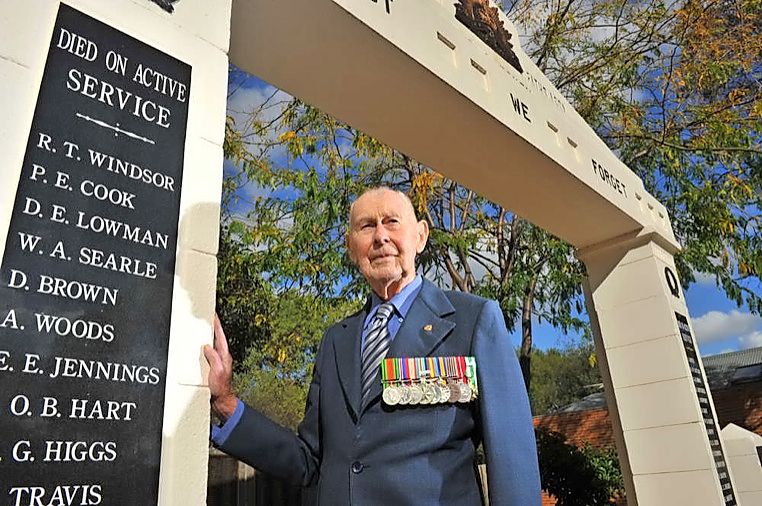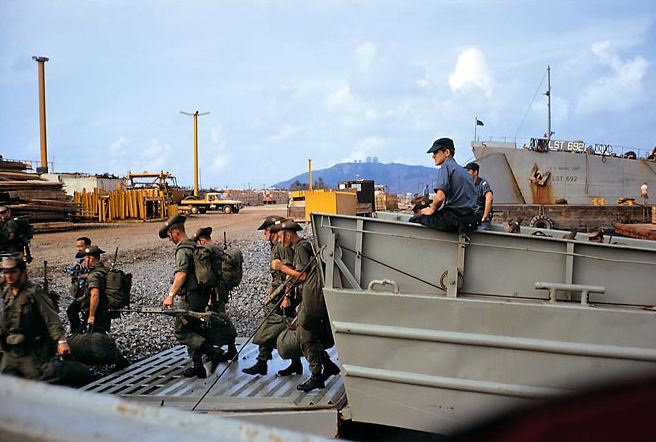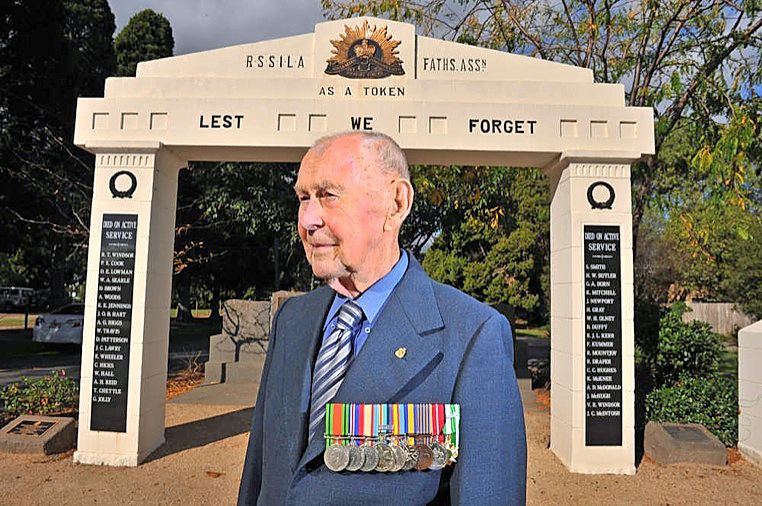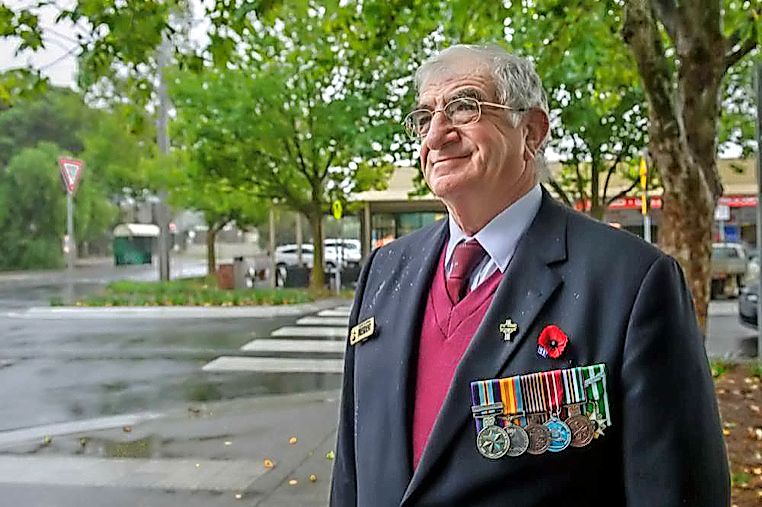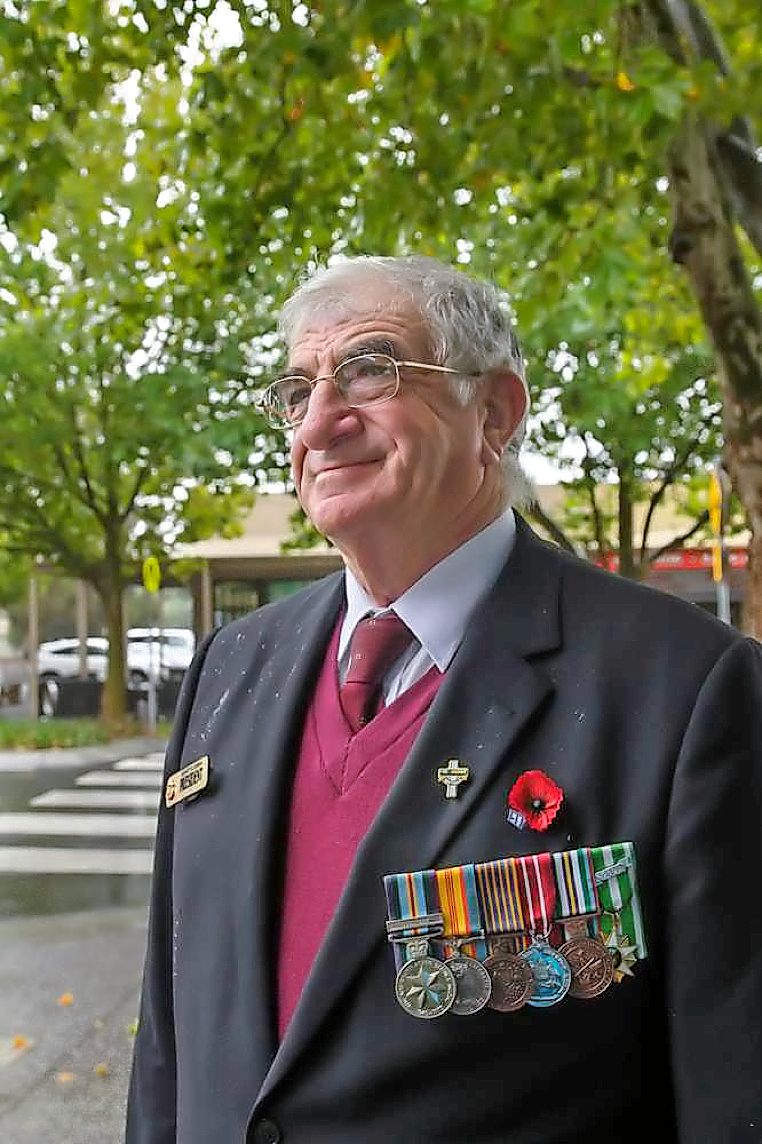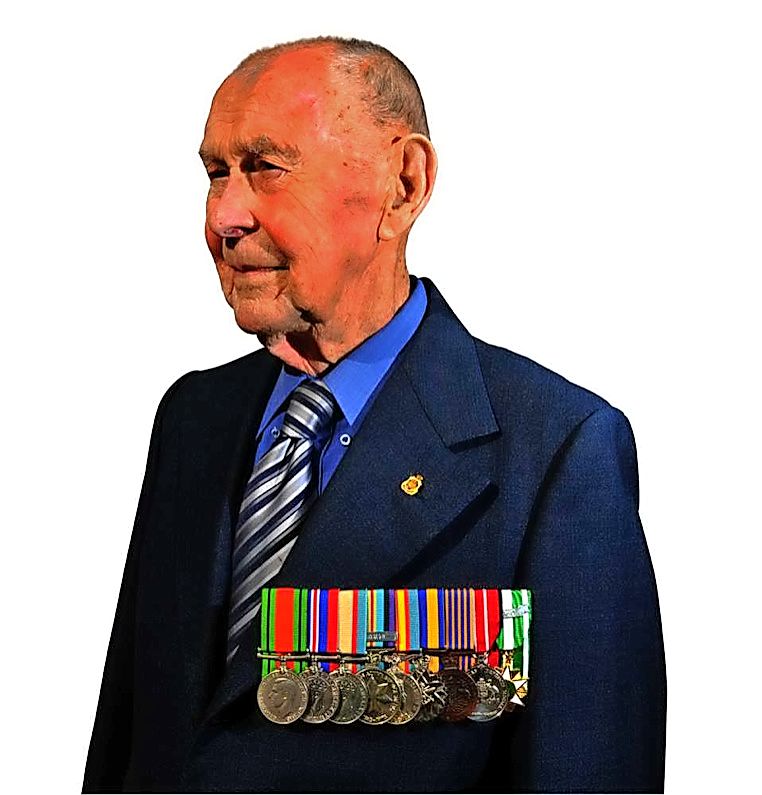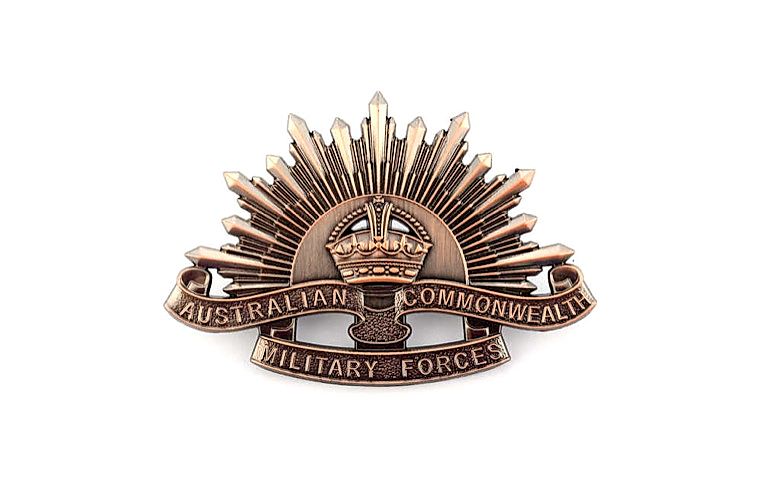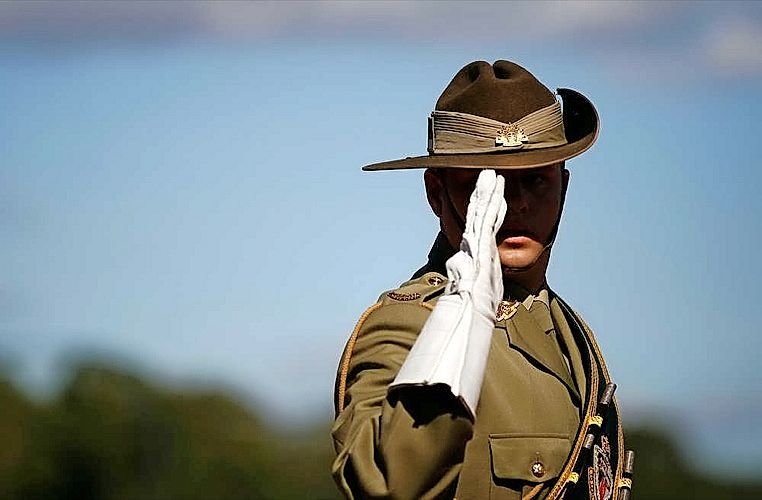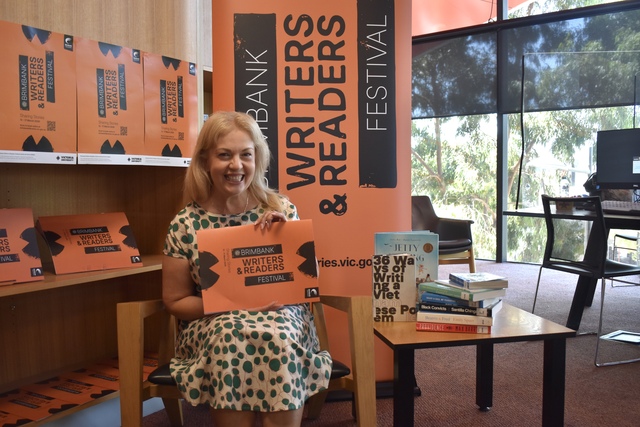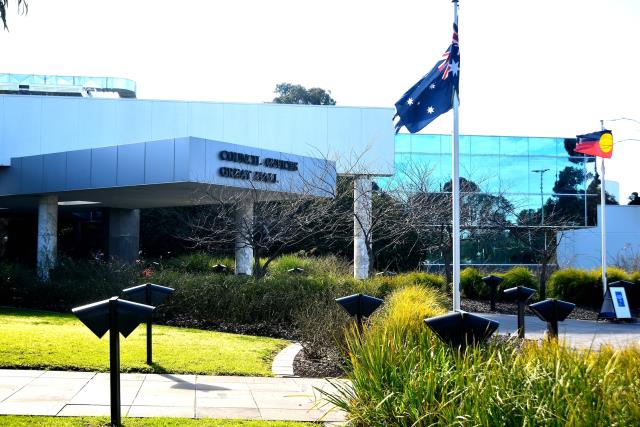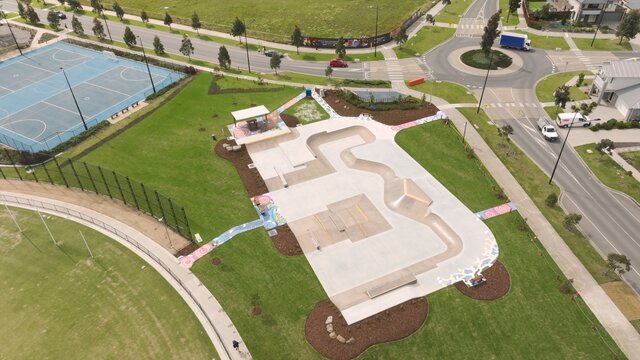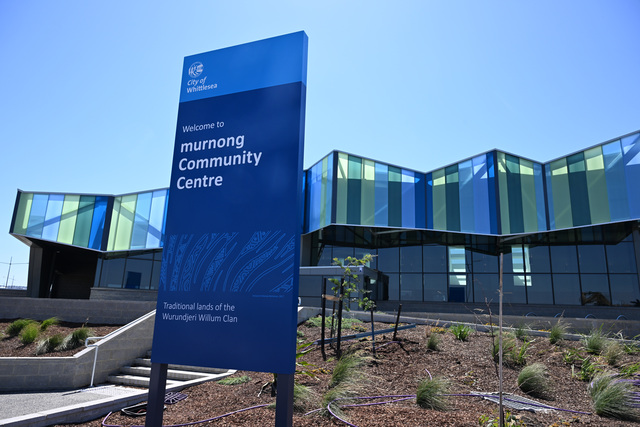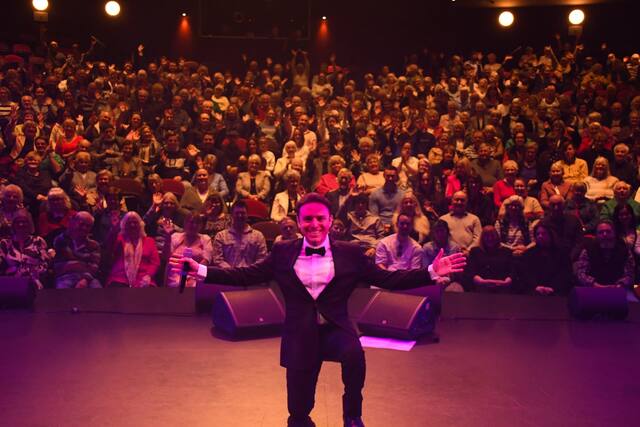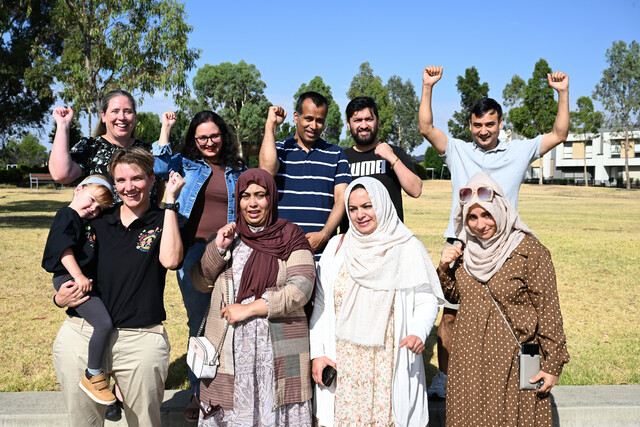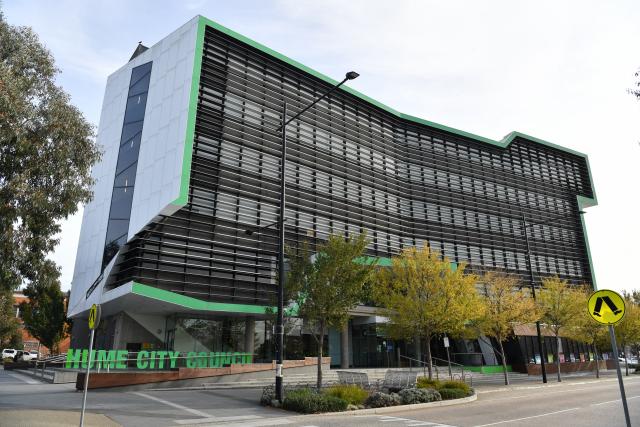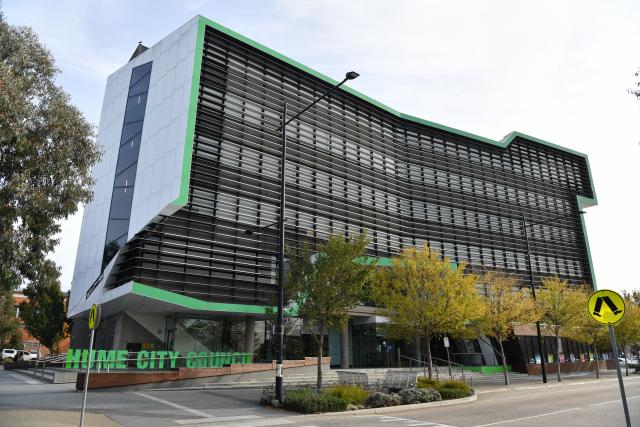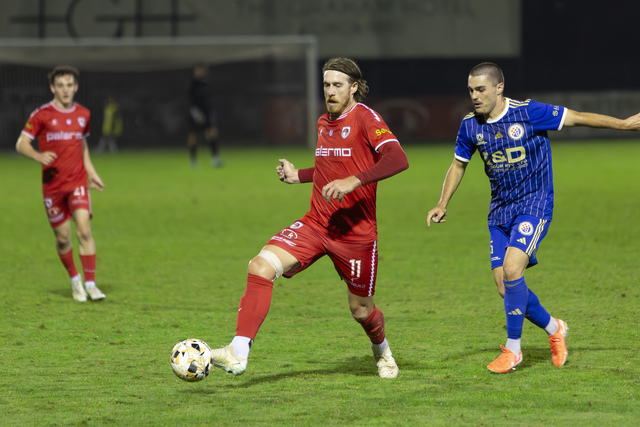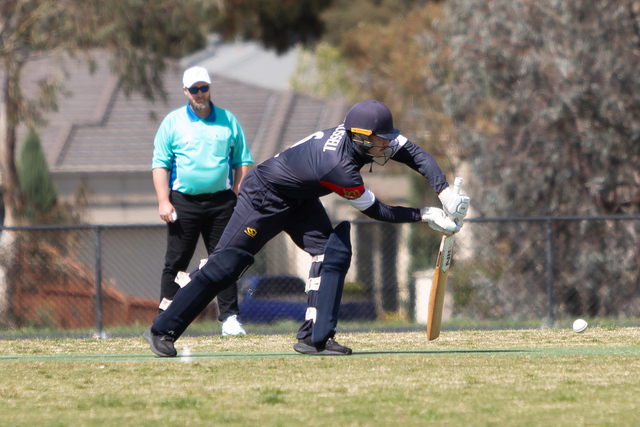Ned Panuzzo and Jack Salau had very different experiences of the Vietnam war, but the two men are united in their connection to the southern Vietnamese port town of Vung Tau.
Both Whittlesea RSL sub-branch members served with the 1st Australian Logistic Support Group (1ALSG) in Vung Tau, a year apart.
Mr Panuzzo was based there from January-September 1968, serving as a driver and carrying out night patrols.
A year later, Mr Salau was sent to Vung Tau as the headquarters commander, until September 1970.
“War is very frightening. You try to keep your wits about you, but there is always a constant fear.”
While Mr Panuzzo can look back at his time in Vietnam and laugh at some of his experiences, Mr Salau prefers not to talk about the war. Over the years, both men have found support in the RSL.
The organisation celebrates its 100th anniversary this year.
It was formed in June 1916 to help soldiers returning from World War I.
Mr Panuzzo, who is now the Whittlesea RSL sub-branch president, says joining the RSL was an obvious step.
“I joined as a returned solider from Vietnam. It was what returned soldiers were meant to do,” he says.
“A mate of mine’s father was secretary of the Whittlesea RSL, and I just followed suit.”
Mr Panuzzo says the RSL was often a source of help and advice for soldiers who were “crook” after serving in Vietnam.
Mr Salau, who joined the Whittlesea RSL in 1976 when he moved to the area, also sees the benefit of being part of the organisation, believing it gives veterans a chance to talk about their wartime experiences with others who were in a similar situation.
He remembers Vietnam as being a “very hard place to serve”.
“It was a very different experience between World War II and Vietnam,” Mr Salau says.
“Vietnam was a place where you were never safe.”
Mr Salau began his career with the armed forces at 17 years old, volunteering to join the navy in 1943. He worked in signals intelligence for two years and was discharged at the end of WWII in 1945.
He returned to high school to complete his leaving certificate before working in the Commonwealth Public Service for two years.
However, Mr Salau opted to return to the armed forces in 1948, joining the army.
He served in various postings around Australia before being sent to Vietnam.
Mr Panuzzo was called up to the army at 21.
He was initially assigned to the reinforcement wing and was sent to Nui Dat in November 1967. In a bid to avoid being sent to a battalion as a replacement for a soldier who was “sick, injured or killed”, Mr Panuzzo secured a job as a mail orderly.
But two months later, he was called on to join 1ALSG.
His main duties involved driving civilian workers to and from the Australian camp each day, as well as performing night patrol and shotgun duty.
He says he is one of the luckier soldiers because he was “only shot at a few times”. But he still remembers how frightened he was when he first arrived at Vung Tau.
“When you first get there, you have never been to a real war. You’ve done training but it’s not the same,” Mr Panuzzo says.
“We weren’t professional soldiers, we were just young people trained to march and carry a rifle.
“War is very frightening. You try to keep your wits about you, but there is always a constant fear. You have always got to be on guard because the moment you drop your guard something happens.”
Both men will take part in the Whittlesea sub-branch’s Anzac Day commemorations, marching from the Whittlesea bowls club to the arch and soldier memorials, from 2pm. The march will be followed by a service at the bowls club.

